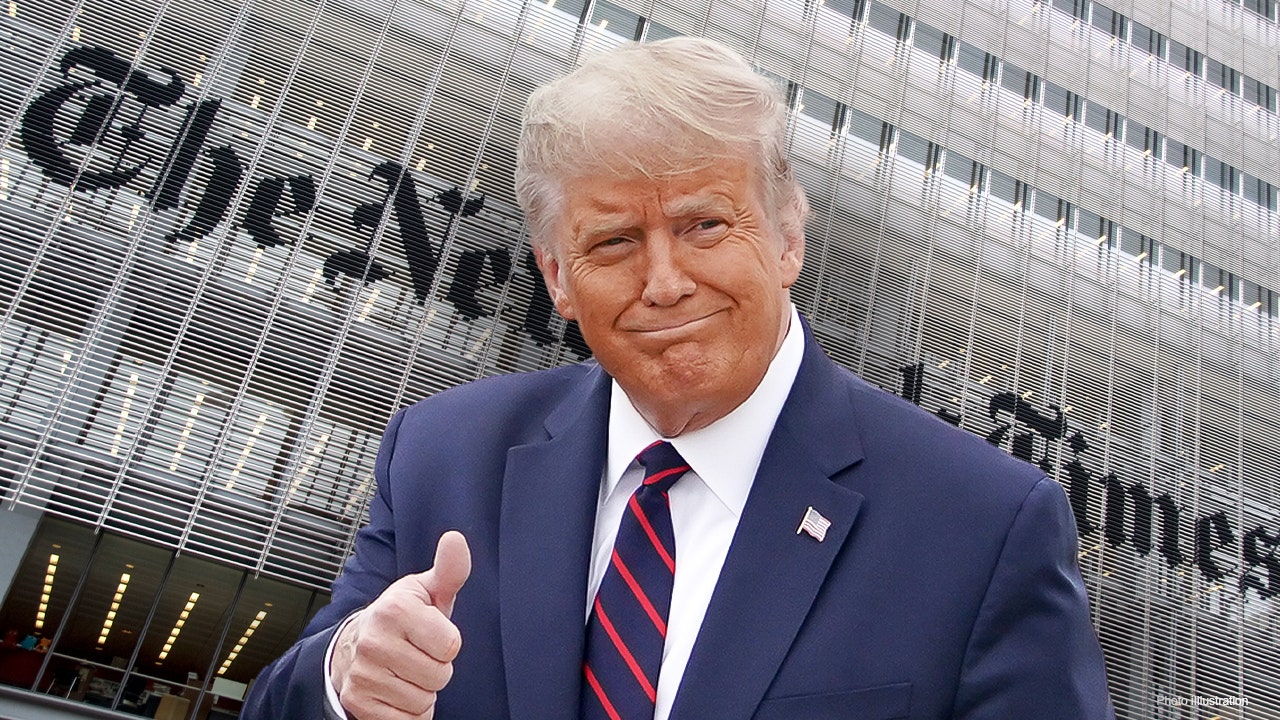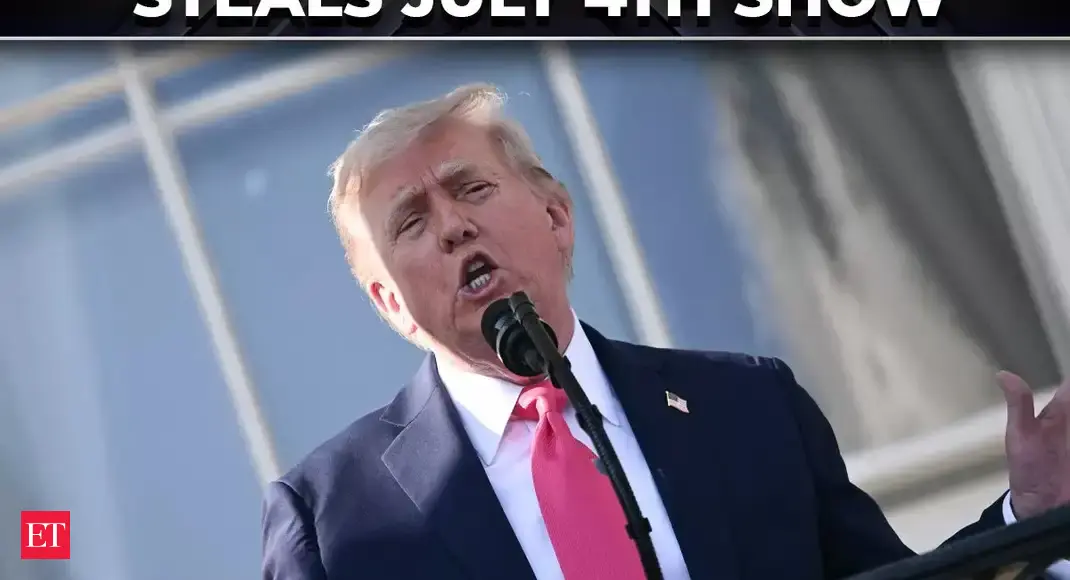Now, US Travel Ban Impacts Iranian Fans' Ability To Attend World Cup In Canada, Mexico And The United States, Here's All You Need To Know
Saturday, July 5, 2025

Ahead of the 2026 World Cup, and with the possibility of Iranian fans not obtaining access to co-host country the United States having sparked sharp disagreements, Iranian football fans are anxious ever since Iran’s former President Donald Trump imposed a travel ban on Iranian nationals. Despite having qualified for the tournament itself with the Iranian national team, fans are fearful they will not be able to obtain access to the US to attend and cheer on their team. Such concerns run deep for how politics and sports intersect and particularly so in global sporting events.
In March 2025, Iran’s national football team became one of the first to qualify for the 2026 World Cup, which will be jointly hosted by the United States, Canada, and Mexico. Despite this achievement, the looming question of whether Iranian fans will be able to travel to the US to support their team casts a shadow over the event. The 2017 travel ban, which prohibited citizens from several countries, including Iran, from entering the US, still holds significant ramifications. This has sparked concerns among both the Iranian public and the global community about the potential exclusion of thousands of passionate football fans.
Ali Rezaei, a journalist from Tehran’s Borna News Agency, has described the potential exclusion of Iranian football fans as “offensive.” He believes that no football fan should face restrictions on attending the World Cup, regardless of their nationality. The US ban has left many Iranians feeling that their passion for football is being punished by political decisions.
For many Iranians, the travel ban feels like an unjust punishment, especially for those who have no personal involvement in political disputes. “If the US government has issues with the Iranian regime, it should not result in discrimination against Iranian citizens,” argues Behnam Jafarzadeh, a writer for the popular sports site Varzesh3. He stresses that the travel restrictions target ordinary people, who have not committed any illegal activities, making the situation feel unjust. This sentiment is particularly poignant for those hoping to attend the World Cup and experience the tournament as part of a global sporting celebration.
Jafarzadeh’s remarks highlight a broader concern: the travel ban serves as a reminder of the ongoing tensions between the US and Iran, a dynamic that affects not just politics, but also cultural and tourism exchanges. With the World Cup offering an opportunity for people from all over the world to connect through sport, the exclusion of certain nationalities, especially Iranian football fans, raises significant ethical and diplomatic questions.
Iran’s exclusion from the US-based portion of the World Cup could have substantial consequences on tourism. While Iran has long faced barriers in accessing the US, the travel restrictions prevent fans from engaging in tourism experiences that many others take for granted during major international sporting events.
The World Cup represents an enormous economic boost for host countries, especially in the realms of tourism, hospitality, and travel. Iran’s exclusion from these benefits could impact the tourism industry not only within the US but also across other participating countries. Travel restrictions might deter tourists from attending the event in person, but the broader impact could also affect regional tourism, especially for countries with significant Iranian populations, such as Canada and Mexico, where the national team will also compete.
Given that Iran’s national team will likely participate in the tournament, the absence of Iranian fans could reduce the level of excitement and engagement among the diaspora community. Iran is one of the most football-obsessed nations globally, and the absence of their supporters from a landmark event such as the World Cup would be a major cultural loss.
There have been calls within Iran to boycott the World Cup altogether in protest of the US travel ban, but such an approach presents its own set of challenges. Siavash Pakdaman, a Tehran-based football fan, believes boycotting the event would set a dangerous precedent, allowing any host country to exclude teams they have issues with politically. He further cautions that this could set a global precedent for excluding athletes based on political disagreements, leading to a slippery slope where sport becomes increasingly politicized.
While boycotting the World Cup may seem like a strong political statement, it could ultimately hurt Iran more than the US, as it would deny the national team an opportunity to showcase its talent on the global stage. Moreover, the consequences of such a boycott might be fleeting, with the media’s attention quickly shifting once the tournament begins.
Some Iranian commentators suggest that FIFA should take a more active role in addressing the issue. The international governing body of football has long claimed to separate politics from sport, but many are skeptical of its ability to remain neutral in such a politically charged context. “FIFA should use all of its influence to push for a suspension of the travel ban, at least for the duration of the World Cup,” says Rezaei.
The question of whether FIFA will intervene remains uncertain. Many believe that FIFA, led by President Gianni Infantino, may not want to challenge the US over this issue, given the country’s political influence and its central role in global football. However, there are calls for FIFA to ensure that all fans, regardless of their nationality, are treated equally and allowed to participate in the World Cup.
Another critical element of this situation is the impact on the Iranian-American community. Over a million Iranians live in the US, many of whom fled the country after the 1979 Islamic Revolution. The exclusion of Iranian fans could further alienate this group, especially those who view the national team as a symbol of the Iranian government. Some members of the Iranian diaspora see the national team as representative of the regime, which could lead to tension and opposition among fans living in the US during the World Cup.
This creates a complex and divisive issue for Iranian fans living abroad, who may feel torn between supporting their country’s team and protesting political actions associated with the regime. The growing divide within the Iranian-American community adds another layer of complexity to the situation.
There is still time for political situations to change with well over a year to go before the 2026 World Cup is staged. There are those who are upbeat and think relations between Iran and the US might solidify and bring an end to the travel ban. Many are still skeptical of this potential outcome based on political situations for both countries.
At the same time, the issue remains among Iranian fans’ largest concerns. Whether or not they will actually attend the World Cup in person and how much this will benefit tourism in general will likely be a main focus of attention as it approaches.
«Enjoyed this post? Never miss out on future posts by following us»










